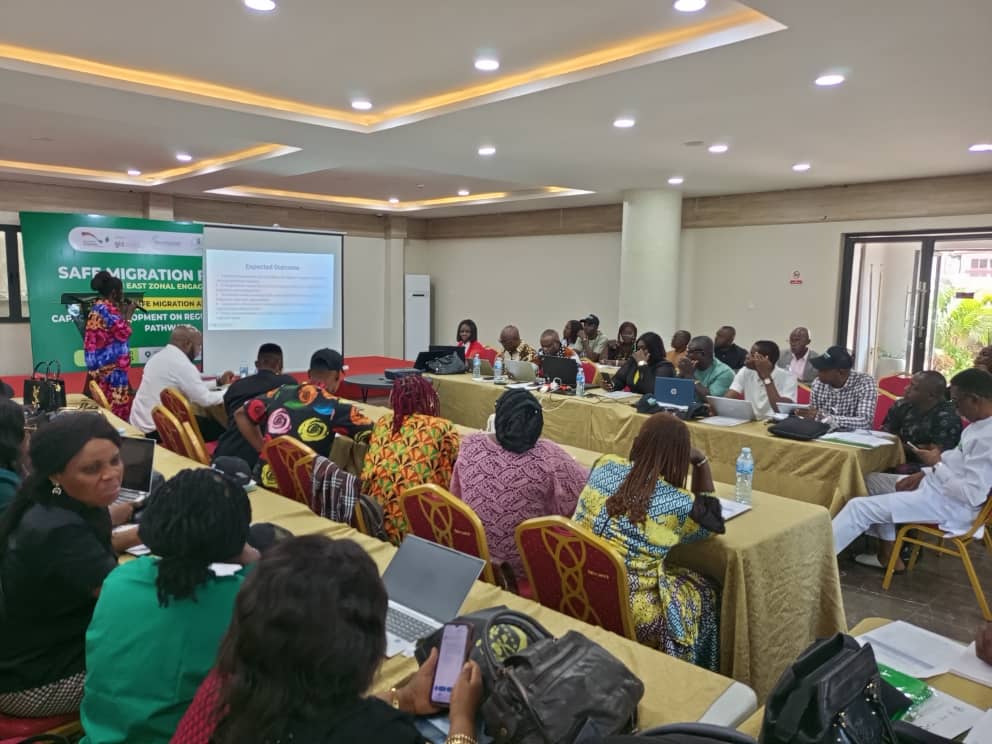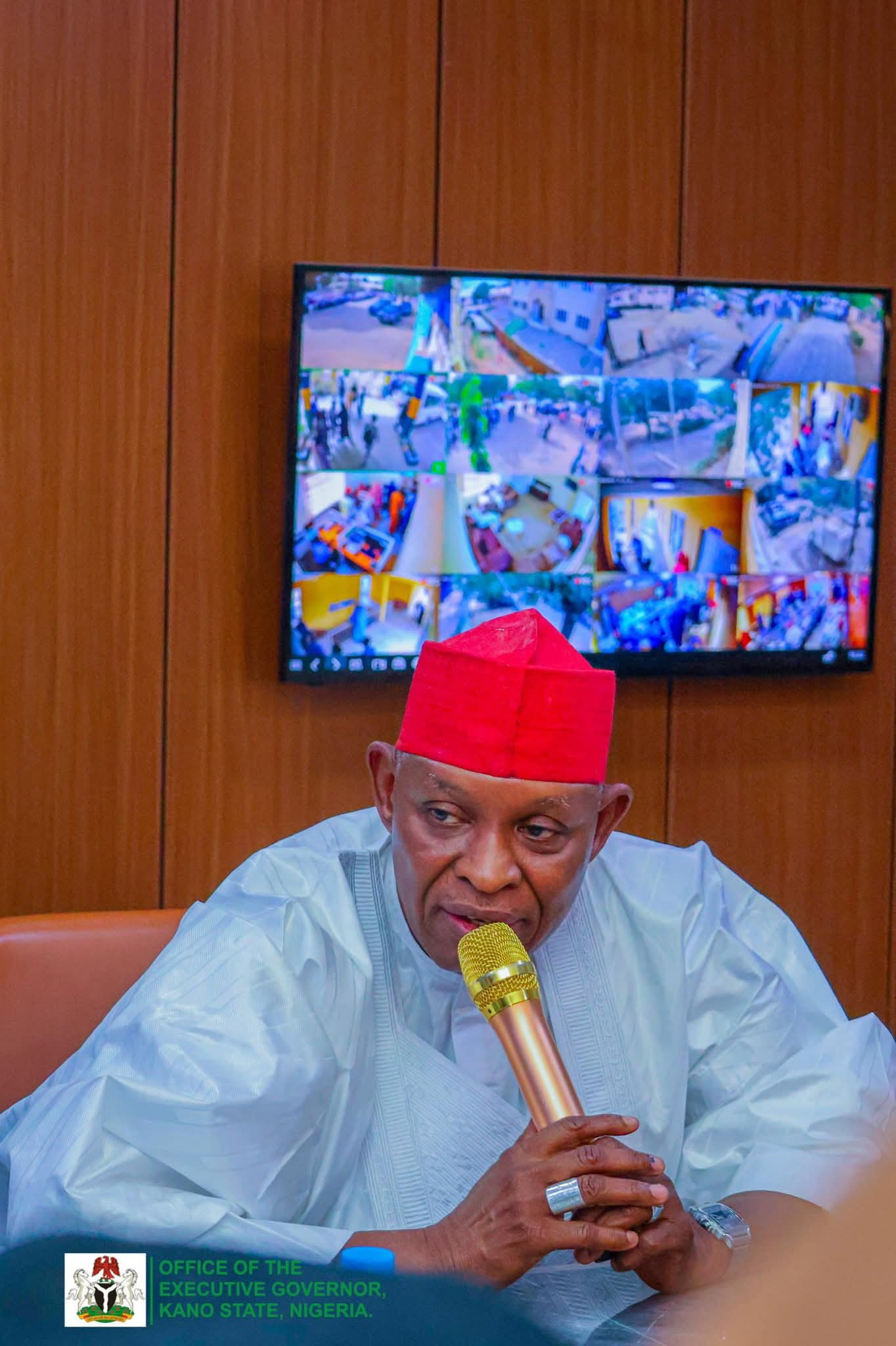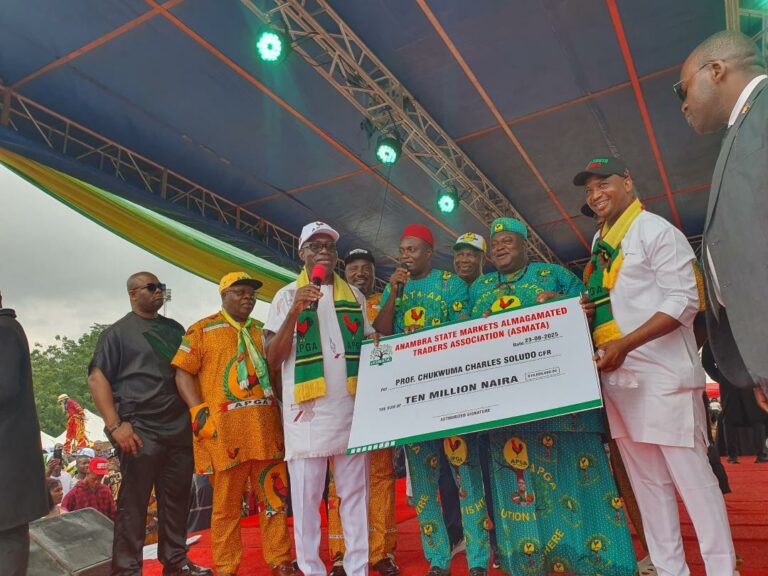A broad coalition of civil society groups, government agencies, and development partners has called for stronger multi-stakeholder collaboration to combat irregular migration and promote safe, structured migration pathways in Nigeria.
This call was the central message at a three-day Southeast Zonal Stakeholders’ Workshop on Migration, which began Monday in Enugu.
The Civil Society Network on Migration and Development (CSOnetMADE) organized the event in partnership with Centres for Migration and Development (ZME) and the Deutsche Gesellschaft für Internationale Zusammenarbeit (GIZ), Nigeria.
It has as its theme, “Safe Migration for All: Building Capacity and Promoting Awareness for Regular Pathways in Nigeria.”
The workshop brought together participants from across sectors — including civil society organizations, media practitioners, the academia, youth and workers’ associations, and migration experts.
The aim was to strengthen regional capacity, share best practices, and develop strategies for safe and sustainable migration and reintegration.
Declaring the event open, the Permanent Secretary, Federal Ministry of Labour and Employment, Dr. Sanusi Usman (represented by Comrade George Okoi), emphasized that migration continues to play a significant socio-economic role in Nigeria’s development, with diaspora remittances supporting millions of households and stimulating local economies.
Warning again irregular migration
He, however, warned that irregular migration remains a persistent challenge, exposing many young Nigerians to human trafficking, forced labour, exploitation, and even death.
“This initiative to expand safe migration awareness and build capacity across Nigeria’s six geopolitical zones is both timely and strategic,” Dr. Usman said.
“Each region faces unique socio-economic realities that shape migration patterns. Empowering local stakeholders with context-specific knowledge will enhance Nigeria’s response to these challenges.”
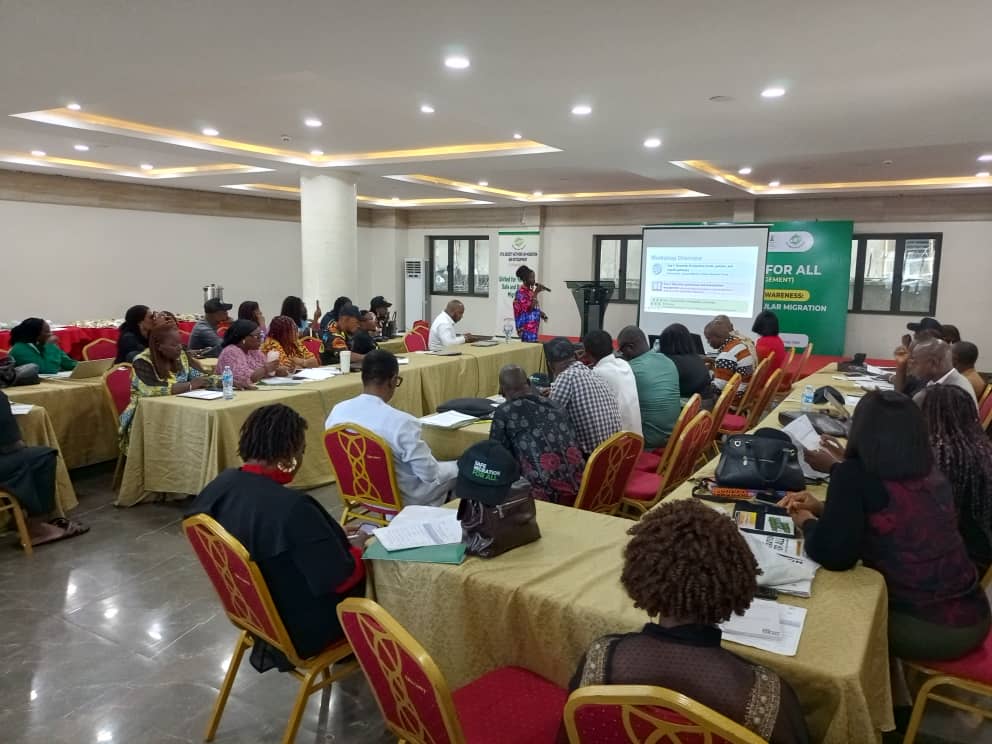
He noted that the workshop aligns with national and international frameworks such as the Global Compact for Safe, Orderly and Regular Migration (GCM), the Sustainable Development Goals (SDGs), and the ECOWAS Free Movement Protocol.
In his opening remarks, Rev. Fr. Emeka Obiezu, National Coordinator of CSOnetMADE, explained that the initiative was to promote collaboration among stakeholders and expand public awareness about safe migration and returnee reintegration.
According to him, migration challenges vary across regions — the North East and North West grapple with unemployment and insecurity; while the North Central contends with political and economic instability.
The South East, South South, and South West experience intense youth migration driven by job scarcity and uneven development.
Expansion nationwide
“We are expanding this program nationwide to equip migration stakeholders across all regions with knowledge and tools to support safe and orderly migration pathways,” Obiezu stated.
“It’s about addressing one of the root causes of irregular migration — lack of access to information and opportunities.”
Speaking on GIZ’s role, Dr. Austin Ezejiofor, Head of Regular and Regional Migration Component at GIZ-ZME, said the organization works closely with Nigerian institutions to offer migration counselling and professional guidance to prospective migrants.
“People must be informed about the choices they make,” he noted.
“They need to understand opportunities, risks, and legal frameworks in their destination countries — including demand-driven professions, recognition of qualifications, and language requirements.
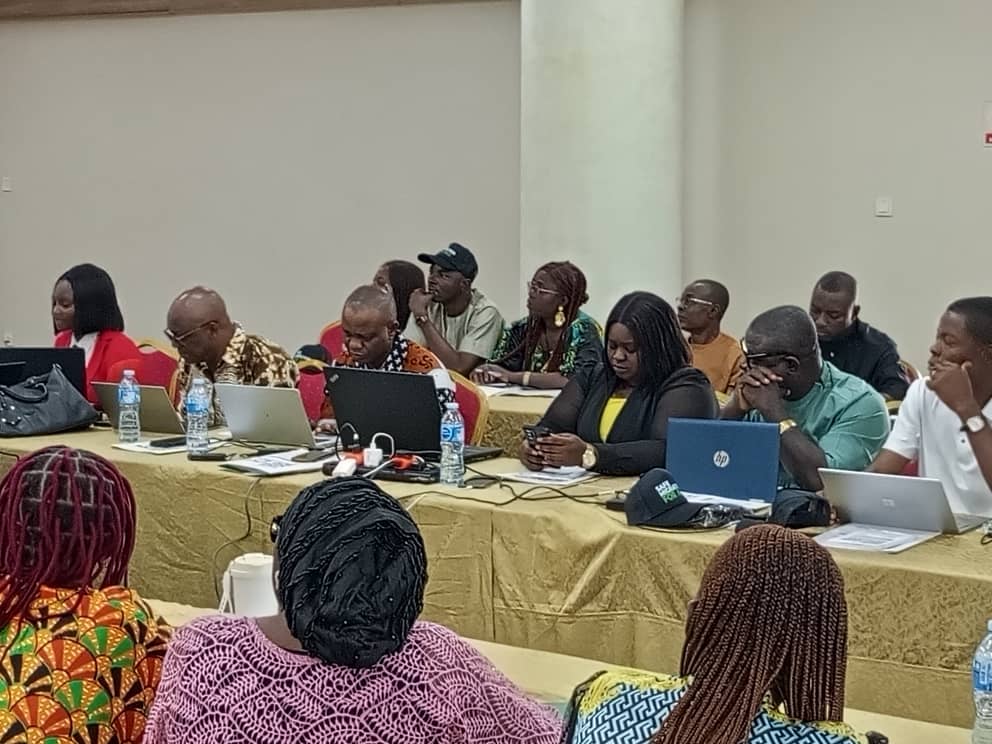
“Equally, they should know about viable opportunities that exist within Nigeria.”
Representing the labour sector, Comrade Eustace Imoyera James, Senior Assistant General Secretary of the Nigeria Labour Congress (NLC), described the workshop as a timely intervention that underscores collaboration and shared responsibility in improving migration governance.
“Fair migration and responsive governance are key to addressing migration hazards, poverty, and inequality,” he said.
Well-managed migration
“When migration is well managed, all parties — migrants, host communities, and economies — benefit. The NLC remains committed to supporting all initiatives that promote safe and dignified migration.”
Participants from the Southeast, including Mrs. Eucharia Onyemobi, Anambra State Coordinator of CSOnetMADE, and Engr. Martin Agbili, a Permanent Secretary in the Anambra State Civil Service, expressed optimism that the workshop would empower stakeholders to address local drivers of irregular migration.
They emphasized that beyond awareness, sustainable solutions must include job creation, youth empowerment, and stronger reintegration support for returnees.
The workshop is part of a nationwide engagement series aimed at strengthening the capacity of local actors to promote regular migration pathways, safeguard vulnerable groups, and align migration governance with both national priorities and global best practices.


